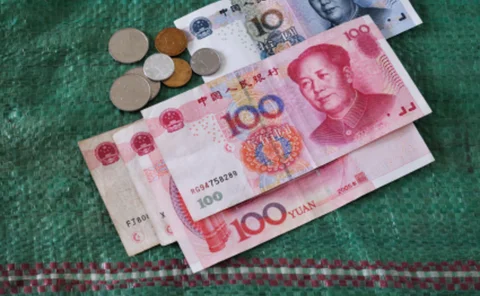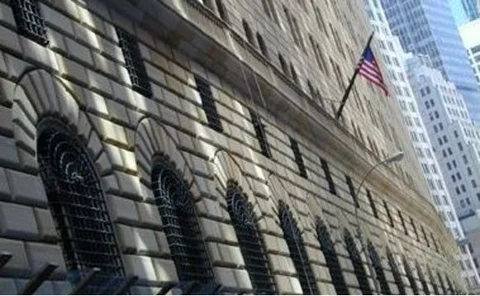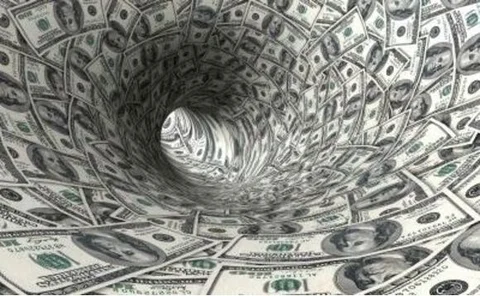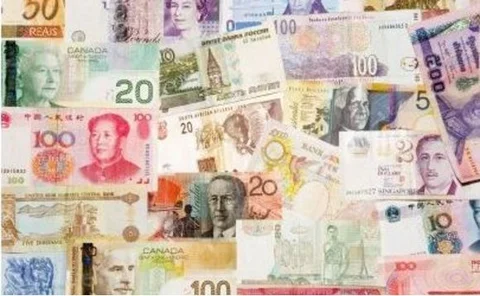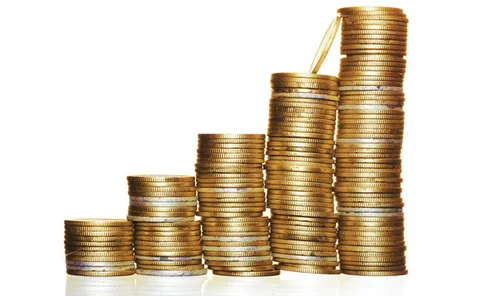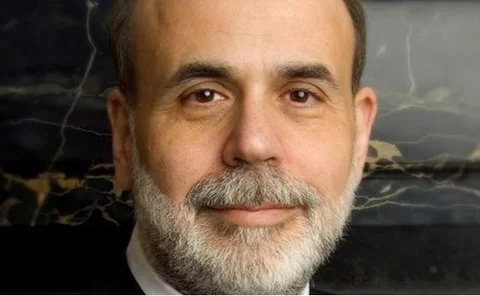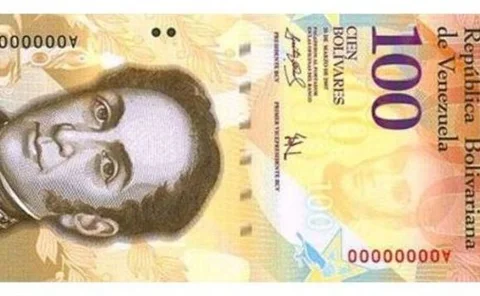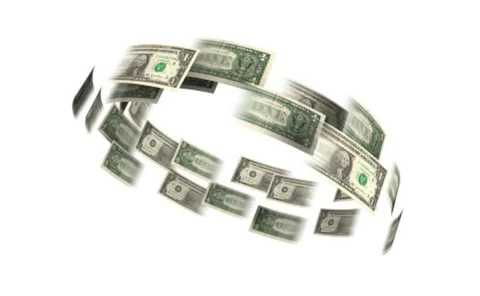US dollar
Rand volatility a by-product of open economy: Sarb’s Mminele
South African Reserve Bank deputy governor Daniel Mminele says currency fluctuations are to be expected; stresses opposition to fixed exchange rate, dropping inflation targeting
Vietnam continues dong devaluation
State Bank of Vietnam devalues the dong for the third time in the past 12 months
Beijing welcomes world into interbank capital market
People’s Bank of China grants foreign banks and central banks access to interbank bond markets for the first time; move inspired by need to internationalise the renminbi
NY Fed: emergency dollar swap lines a success
New York Federal Reserve study says dollar swap facilities provided effective source of funding to banks during financial crisis
Bank of Japan watching soaring yen closely
Japanese central bank says it is carefully monitoring strengthening currency and its implications for export market; plummeting confidence in the US recovery sparks worry
Bank Indonesia plans rupiah redenomination: reports
Bank Indonesia acting governor Darmin Nasution says redenomination of the currency should be inflation neutral
Venezuela’s Merentes announces plans to reopen foreign dollar-denominated bond market
Central Bank of Venezuela president Nelson Merentes says market will accept bonds from South American neighbours
Cross-border collateral may alleviate dollar funding strains: Emeap
Executives’ Meeting of East Asia Pacific Central Banks says crisis revealed shortcomings in regional money markets; swaps deals, cross-border collateral could alleviate some problems
Argentina lets non-banks into debt sale
Argentine central bank throws open note auction to companies, allowing them to circumvent secondary markets; move linked to rapid expansion of money supply
IMF on Peru’s de-dollarisation experiment
IMF uses Peruvian experience in last decade to show benefits of de-dollarisation policies
Uganda ready to shore up currency, says deputy
Bank of Uganda deputy governor Louis Kasekende calms markets with pledge to stabilise currency as security concerns grow after weekend bombings
South Africa’s Gordhan stands up for inflation targeting, flexible rand policies
South African finance minister defends central bank’s key frameworks, lauding benefits to credibility and stability
Gold should form an essential part of central banks’ liquidity portfolio
The credit crisis has highlighted that in times of turmoil, gold is one of the few assets that remains liquid, says Natalie Dempster, director of government affairs at the World Gold Council
Russian FX regime change ties rates closer to Europe: Bank of Finland
Bank of Finland study shows Russian interest rates moved more in line with Europe than the United States, following overhaul of exchange rate basket
Gold to put in sparkling performance: asset managers
Central bank reserve managers from around the world say gold will do better than any other reserve asset in 2010; metal’s importance to soar over near future
Markets rejoice as Beijing reverts to managed float
Investor risk appetite soars as China drops the renminbi’s rigid dollar peg; analysts say Beijing’s policy shift sparked by potential benefits, rather than international pressure
Bernanke: US should not rely on safe haven status of dollar
Federal Reserve chairman Ben Bernanke said country should take measures to cut deficit despite unique role in global currency markets
Shilling weakened after Kenya bought euros, say analysts
Analysts link recent weakness in Kenya’s shilling to euro purchases by the central bank
Print more $2 bills, Taco Bell tells Fed
Marketing gimmick calls on customers to “appeal to” Fed to print more $2 notes
Venezuela cautiously reopens forex markets
Central Bank of Venezuela introduces tough rules for new regulated foreign currency market; bond trades will be carried out on new system under central bank's watch
Kenya’s Ndung’u moves to allay fears over 'weakening shilling'
Kenyan central bank governor Njuguna Ndung’u says currency's ten-year low against dollar is a result of fallout from Greek crisis
Argentina tightens rules on dollar purchases
Argentine central bank toughens regulation for large dollar buyers; says move not intended to limit access to market
Fed scoops prize for best swap lines: BIS
Bill Allen and Richhild Moessner study the effects of central banks’ swap lines and find those established by the Federal Reserve to provide dollar liquidity went furthest in achieving their aims
Venezuela to reopen bond markets
Central bank says tests of new centralised trading system nearly complete; follows closure to cut off parallel currency market


